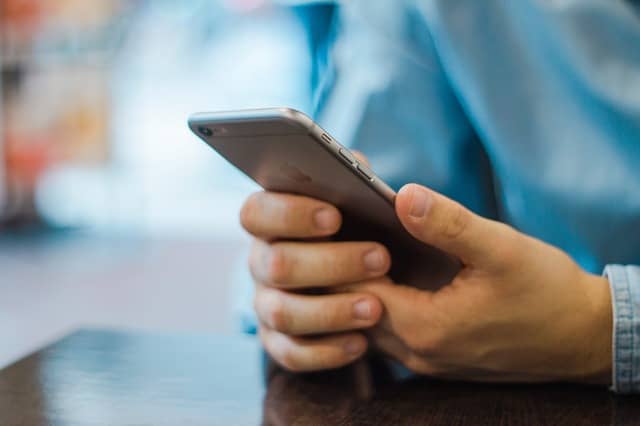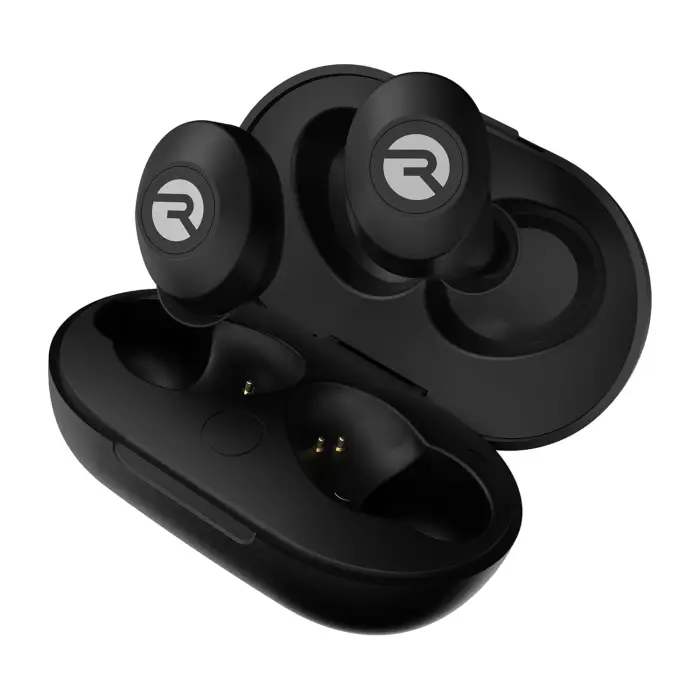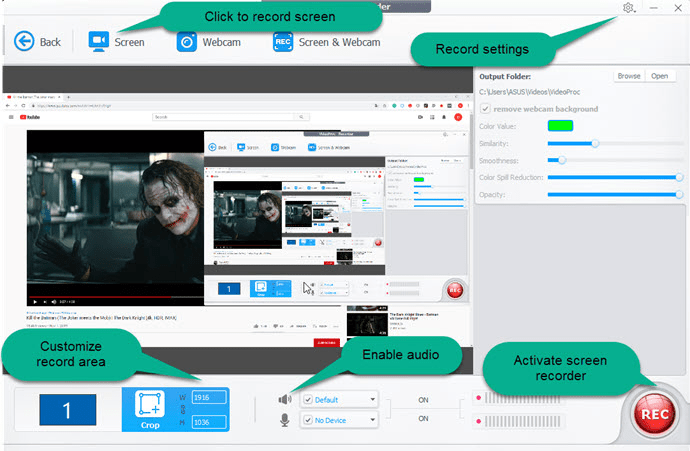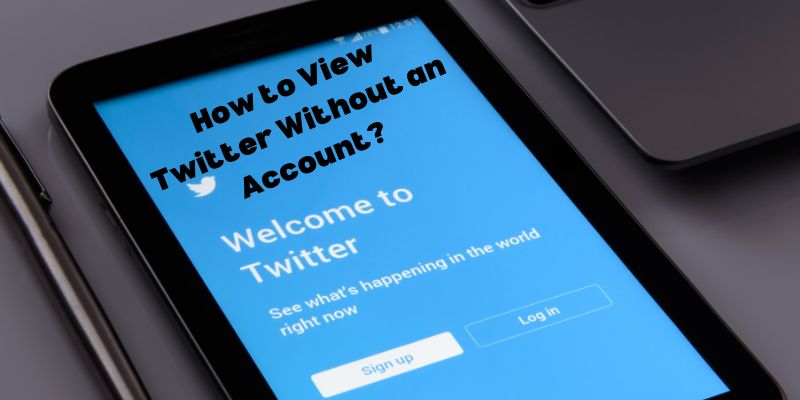Knowing wherever a phone is physically located can be extremely useful information. If you know where your phone is, you’ll be able to find it sooner rather than later if it goes missing.
If your phone is stolen, the information you have can help you track down the thief and get your phone back. When the telephone is in the hands of a child or an adult with intellectual disabilities, and you don’t know where they are, the location is even more important.
Unless you’re a cellular carrier or in law enforcement, there’s no foolproof way to ping a cellphone number directly. Still, you can get good results using a variety of apps and online services.
Use the Services of Your Carrier
Your cellular carrier has a better understanding of your phone’s location than anyone else, so it’s a good place to start. All of the major carriers, including Verizon’s Smart Family, AT&T’s Secure Family, and T-FamilyWhere, Mobile, provide tracking for phone numbers linked to your account.
These will cost you a monthly fee, but they will give you solid peace of mind. You can use one to locate any phone on your account in real time and track its location over time. You can also use these apps to see if everyone is where they should be at any given time, and they usually include other parenting features like content filtering. You might be able to use these services to track down a phone that has been misplaced or stolen.
Ping Software for Cellphones
Because your carrier’s service only works with phones on your account, you’ll need to use third-party software to track a larger circle of friends and family. There are a few options for this; the most well-known of which is Find My Friends for iOS devices. Other apps for Android or both platforms have similar features.
For instance, GeoZilla is similar to the services offered by cellular carriers. It can be installed on any phone that you want to monitor. Life360 is a bit like that, with features like in-app chat that turn it into a private “only us” social network. Google allows you to share location data with trusted friends, which will help you keep track of others in your immediate vicinity.
A Glympse platform is a fascinating option if you want to locate a specific phone or attached person but do not have a permanent connection. It’s a quick way to share your location with casual acquaintances like out-of-town relatives or someone you’re meeting for company. You may submit or request a “Glympse” of your location, but the receiver does not need to have the app installed.
Read: How To Clear The History On Your iPhone?
Software to Find Phones
Install Find My iPhone on your Apple computer or Find My Device on an Android phone or tablet if you’re most worried about your phone being lost or stolen. You can track down a lost or stolen phone and lock or delete its contents using these or similar third-party apps. If it’s stolen, report it to law enforcement; don’t try to recover it yourself.
Location by Number
It’s possible – at least in a broad sense – to receive a call from a number you don’t recognize and wonder if it’s a scammer or someone you know. You can use reverse-lookup or “people check” software like WhitePages or Spokeo to figure out where the phone number is registered and, in many cases, which name is associated with it. While this won’t help you narrow it down as much as an app on your phone would, pairing the name and number can often help you identify the caller.
To use the service, type in the phone number to locate it. It only tells you where the phone is based, not where it is right now, but you can look into other options for physically locating and meeting the other person once you know that. These services are normally paid, but you may be able to get a free or limited-time trial.
Privacy and Phone Trackers
You can’t immediately ping a cellphone number unless you have access to the carrier’s system, so it’s only available to the carrier and – to a certain extent – law enforcement. Installing a phone-tracking system that records the phone’s location to whoever downloads and administers the app is the civilian equivalent.
Typically, phone tracking applications are advertised as parenting tools or as a way for employees to monitor the use of company-issued phones. Unfortunately, stalkers, criminals, and those with nefarious motives can take advantage of them. Regardless of your motivations, installing one of these applications on someone else’s phone without their permission puts you at risk of criminal or civil liability.
You might also like
How To Protect Your Smartphone from Scams







